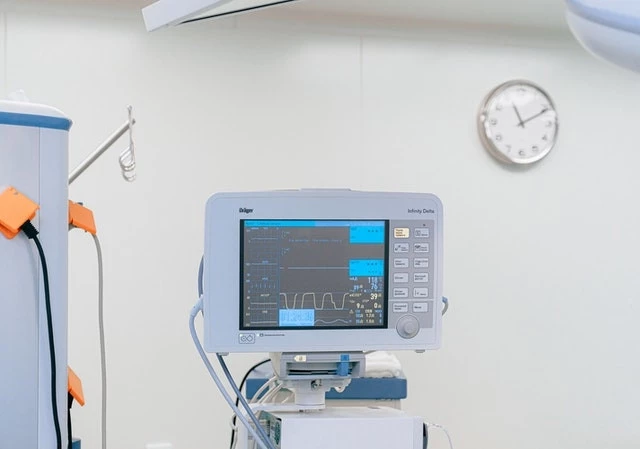Pressures of Software for Medical Devices
Add bookmark
In the medical device industry, the issue of software design is an important one. It can not only improve homogeneity and streamline processes, allowing for increases in safety and production, but also has to comply with a strict range of ever-changing and evolving regulations.
Compliance, particularly in the medical devices sector, is non-negotiable as failures could literally put lives at risk. In the past year, firms across Europe have been coming to terms with the EU Medical Device Directive (MDD) after an initially shaky start. Some firms questioned that lack of guidance offered to accompany the new regulations, but now those questions have been answered, many have to get down to the difficult task of making the changes required to ensure that existing products comply with the new rules, and to alter processes and designs so that new device manufacturing and software will also pass the test.
Speaking to MDDI Online, Leonard Eisner, of Eisner Safety Consultants, said that this is a long process and one that businesses should not shy away from, explaining that there is much to be done between now and when the regulations come into force in June 2012. However, he suggested that the problems that the regulations cause software companies could help a drive towards innovation.
"This will help push manufacturers to really get a clue. After almost six years of the standard being published the EU isn't delaying anymore. Manufacturers already got their one chance for a three-year delay by the EU & Health Canada," he said, adding that thorough preparation will be vital if firms are to achieve compliance.
"They may need to redesign product, definitely do gap analysis, update requirements related to risk management, go through testing, and get acceptable results before the end of the applicable transition."
All of this new regulation is necessary due to the huge rate of growth seen in the medical devices industry as a result of improvements in technology but also, conversely, due to the rising prevalence of diseases such as cardiac and neurological disorders around the world. According to visiongain estimates, the global market was worth $236.1 billion in 2010 and it is predicted that by 2021 medical device contract manufacturing revenues will total a staggering $95.7 billion. The most recent Medical Devices Contract Manufacturing 2011-2021 Outlook estimates that in the next decade, revenues will more than double, such is the boom the industry is undergoing.
[inlinead]
However, the global economic climate has not left the growing industry unscathed, Visongain reported. It claims that the sector is coming under increasing pressure not only from a regulatory stance, but also as it seeks to respond to pricing pressure. Organisations are doing all they can to improve profits in a volatile global landscape by streamlining processes and cutting all unnecessary costs. The report claimed that the medical devices industry has been exploiting outsourcing to this end, with original equipment manufacturers thought to have reduced their expenditure by close to 30 per cent by using outsourcing firms that have sophisticated and diverse areas of expertise.
A recent report by South Africa's Times Live has highlighted the damaging effect the global financial strain is having on the medical devices sector. A supplier, who spoke to the newspaper on condition of anonymity, explained that public hospitals in Gauteng were delaying operations and potentially putting lives at risk because suppliers of medical devices have halted deliveries and services following a lack of payment.
"Some patients requiring urgent trauma surgery have not been operated on timorously because the availability of implants has been negatively affected," the source explained. Clearly, the medical devices industry is undergoing a dramatic period of change, with professionals doing all they can to overcome difficulties from a range of angles, nevertheless, it is set to see enormous growth.
|
|
Have Your Say Rate this feature and give us your feedback in the comments section below |













